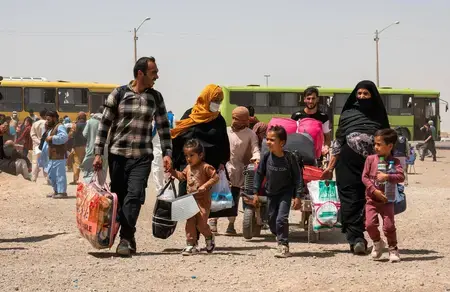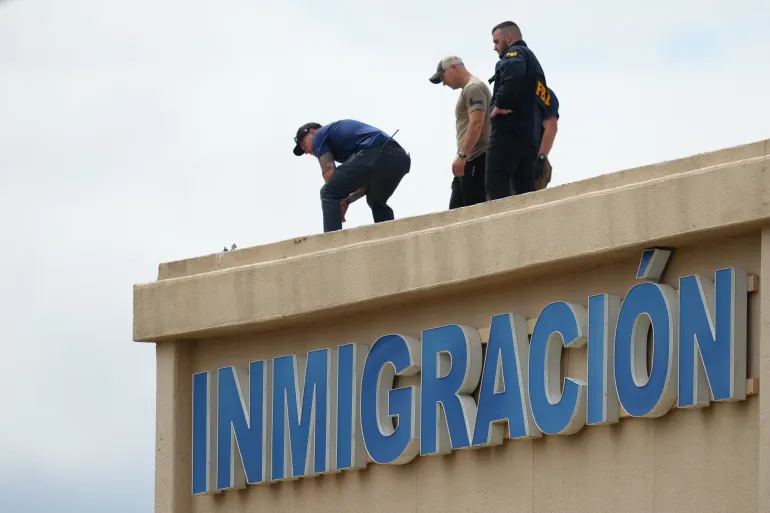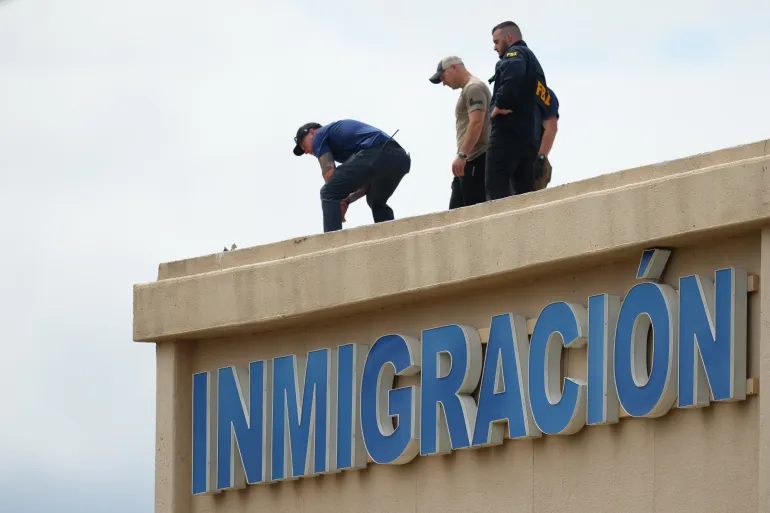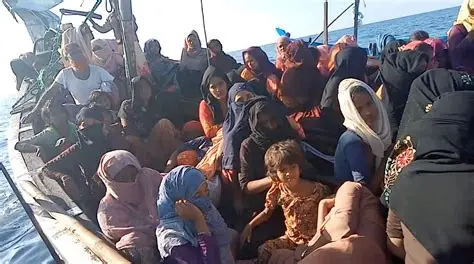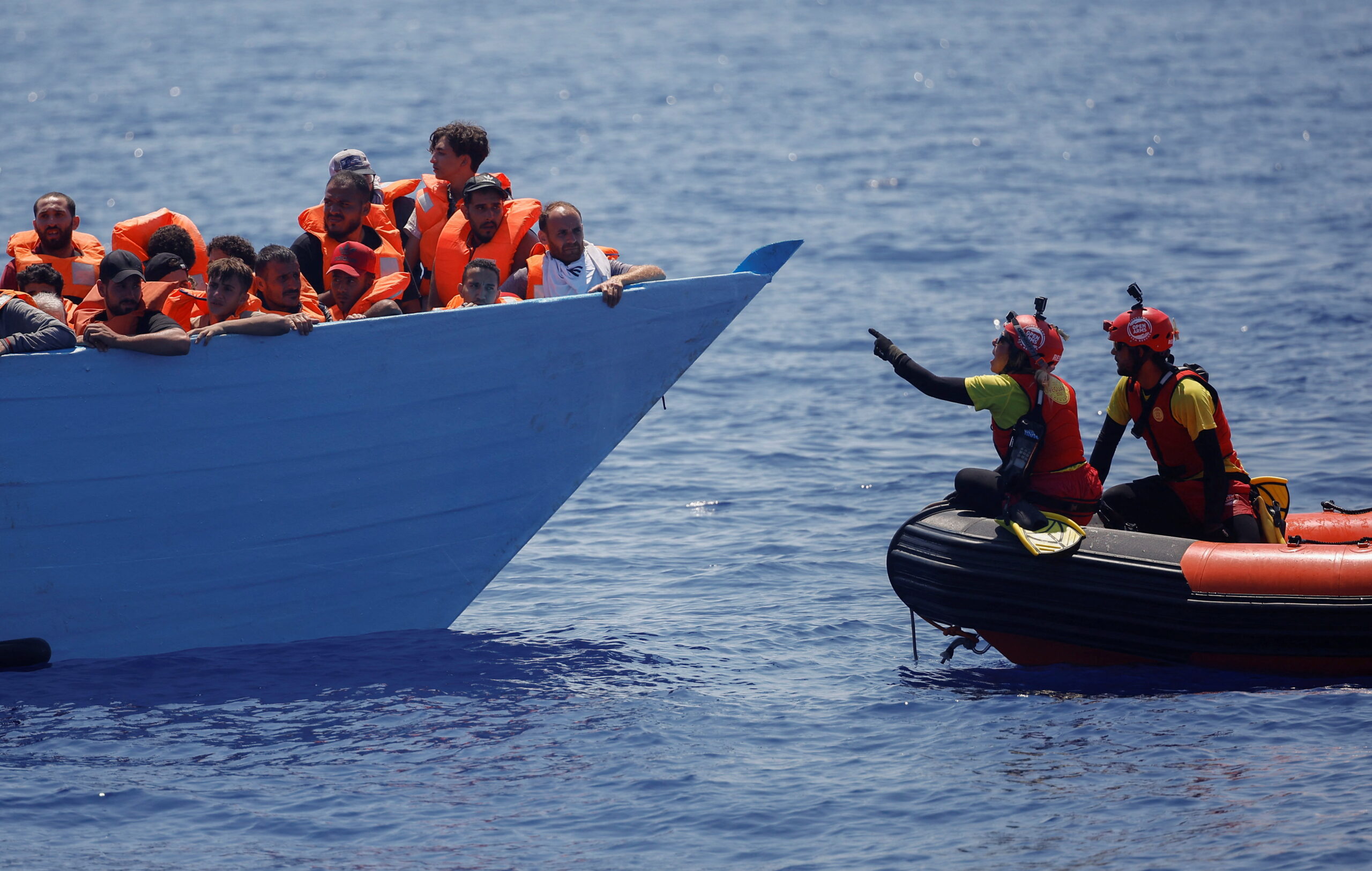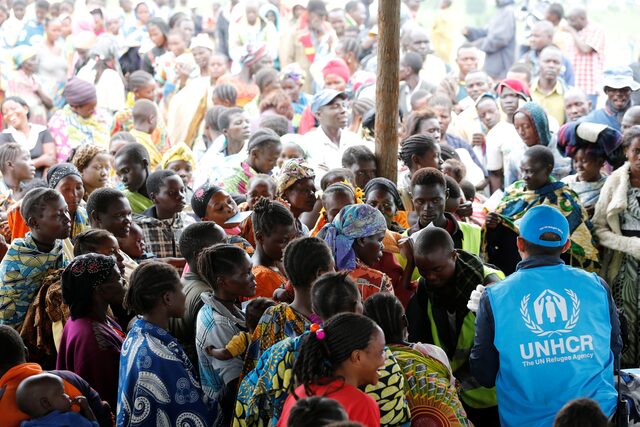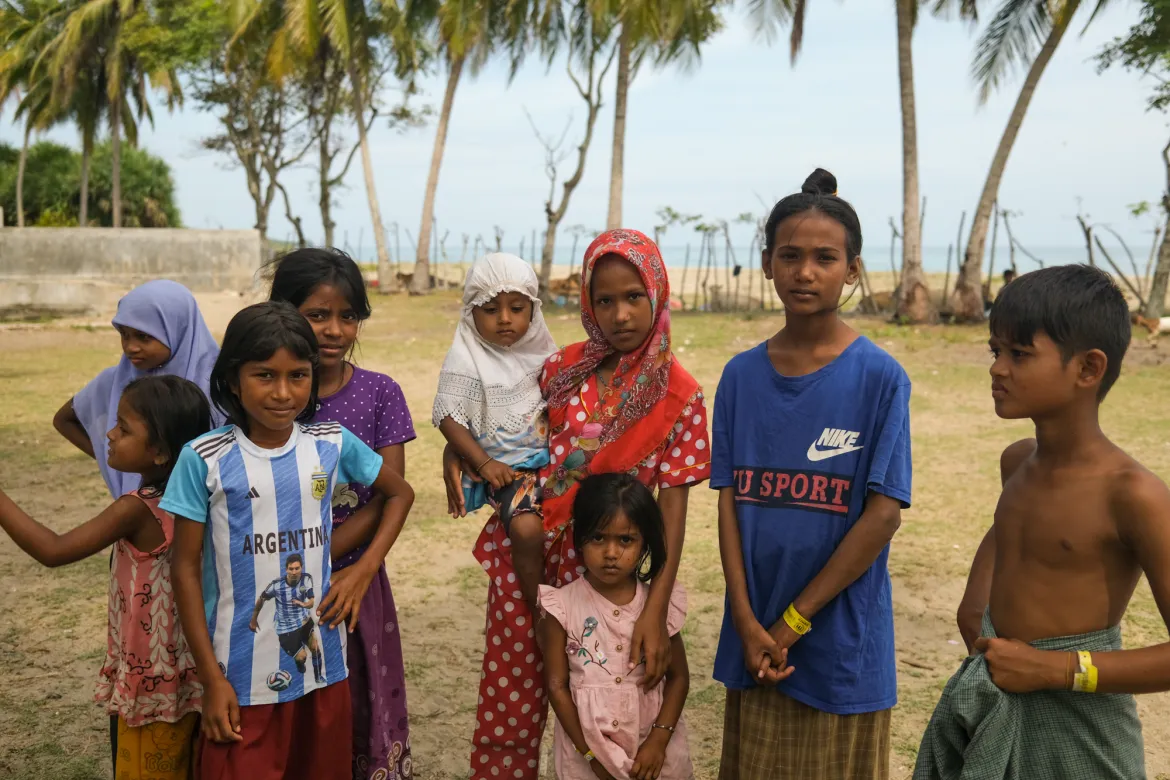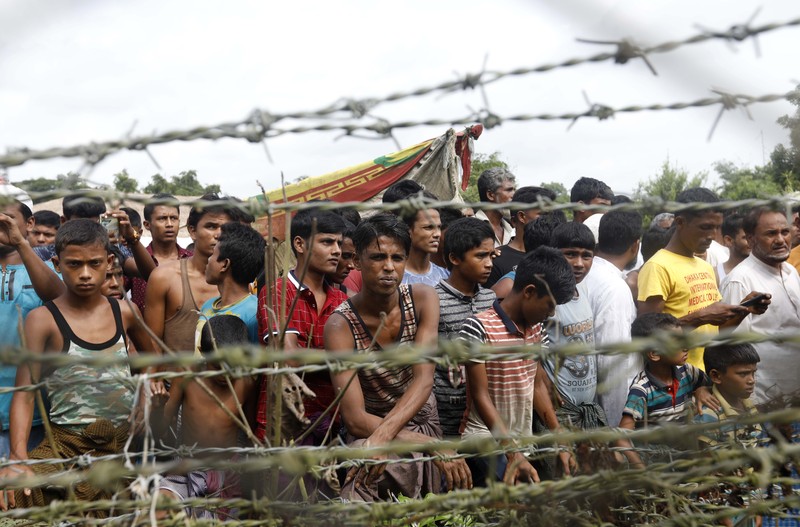The Integration of Syrian Refugees in Germany
![The Alameens were resettled in Germany thanks to a special government programme for refugees [Victoria Schneider/Al Jazeera]](https://liberties.aljazeera.com/resources/uploads/2024/12/1735467903.webp)
The Alameens were resettled in Germany thanks to a special government programme for refugees [Victoria Schneider/Al Jazeera]
In 2015, then-German Chancellor Angela Merkel made a historic decision to open Germany’s doors to thousands of refugees fleeing the brutal civil war in Syria. Encouraging Germans to help integrate Syrian refugees into their society, Merkel stressed that this process should be mutual—an agreement that would benefit both the refugees and the host country. The underlying expectation was that while these new arrivals would receive safety, shelter, and a chance to rebuild their lives, they too had responsibilities to fulfill. In exchange for the protection and opportunities Germany offered, refugees were expected to learn the German language, find employment, and contribute to the economic and social fabric of the country.
Since then, the Syrian refugee population in Germany has grown significantly. Official figures indicate that nearly one million Syrians now call Germany home, making them one of the largest refugee groups in the country. A substantial proportion of these individuals, approximately ten to fifteen percent, have successfully acquired German citizenship. This marks an important milestone in their journey toward full integration into German society. However, despite these achievements, the path to integration has been far from simple or without challenges.
With the long-lasting conflict in Syria showing signs of nearing its end and the prospect of the Assad regime’s collapse, many Syrian refugees are now contemplating returning to their homeland. The desire to rebuild their lives in Syria, especially after years of displacement and upheaval, has led to a growing debate over whether returning is a feasible option. Yet, the reality of a post-war Syria remains uncertain. The country’s infrastructure, economy, and political situation have been devastated, and many refugees are left wondering if a return would offer the stability and opportunities they had hoped for.
As Syrians continue to establish themselves in Germany, the question of their future—whether they will stay in Germany or return to Syria—remains complex. The integration process, once envisioned as a mutual exchange, is now being tested by the shifting tides of geopolitics, changing circumstances in both Syria and Germany, and the evolving aspirations of those who fled the war.
Agencies.
- Most Viewed
- Most Popular


